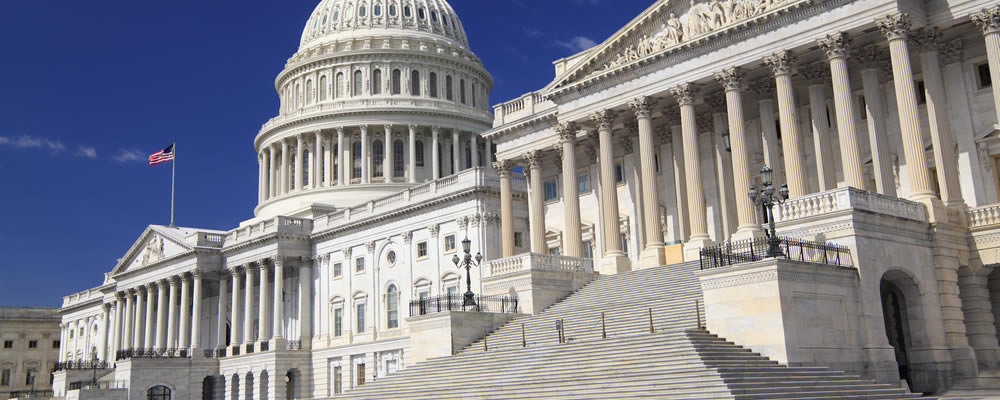A stronger-than-expected IFO business sentiment survey encouraged the Euro to trend higher at the start of the week.
Markets were encouraged as the business climate component rose from 11.1 to 112.3, rising to a sixty-eight month high.
This suggested that the Eurozone’s powerhouse economy remains in a robust state of health, boosting hopes of a more hawkish European Central Bank (ECB) outlook.
Comments from ECB executive board member Sabine Lautenschläger pushed the Euro US Dollar exchange rate higher.
Lautenschläger suggested that markets should prepare for ‘a change’ in ECB policy, encouraging speculation that an end to quantitative easing could be on the cards.
If other ECB policymakers echo this sentiment the single currency could remain on a bullish trend.
Later in the week the EUR USD exchange rate could find additional support on the back of the latest German and Eurozone inflation data.
However, forecasts point towards a moderation in domestic inflationary pressures in March.
Any weakening in the consumer price index may weigh heavily on the appeal of the Euro, limiting the chances of the ECB taking a more hawkish view.
While the sense of political risk in the EU has diminished an element of uncertainty nevertheless persists for EUR exchange rates.
Confidence in the US Dollar, meanwhile, slumped sharply after Republicans failed to repeal and replace the Affordable Care Act (ACA).
This development naturally spooked markets, with the Trump administration falling at its first hurdle.
While the healthcare bill was not of major economic impact its failure bodes ill for the prospect of promised tax cuts and fiscal reforms.
As a result investors piled out of the ‘Greenback’, setting the EUR USD exchange rate on a bullish uptrend.
With the Federal Reserve also expected to pursue a more cautious pace of monetary tightening over the course of the year this political setback created additional downside pressure on USD exchange rates.
If the latest consumer confidence and advance goods trade balance figures fail to impress the US Dollar could remain soft in the near term.
As researchers at ANZ noted:
‘With fiscal policy uncertainty rising again the risk is that business and consumer sentiment reverse recent gains, which would have growth consequences. For markets, that doesn’t sound like an ideal situation. Not only would they then be grappling with unwinding some of the euphoria priced in by Trump’s fiscal plans, but also dealing with the possibility of a softening tone in some of the underlying economic data.’
Even so, if data continues to hold up and the Fed remains on course to raise interest rates further before the end of the year then the EUR USD exchange rate may struggle to hold onto its recent gains.
Current EUR USD Interbank Exchange Rates
At the time of writing, the Euro US Dollar exchange rate was on a bullish run at 1.08. Meanwhile, the US Dollar Euro exchange rate was trending lower around 0.91.



